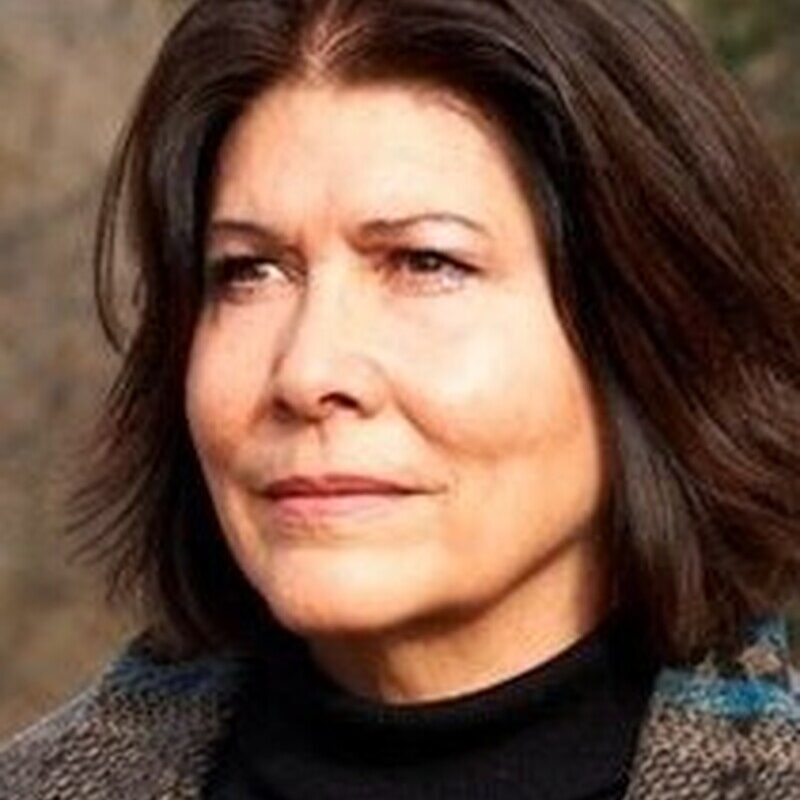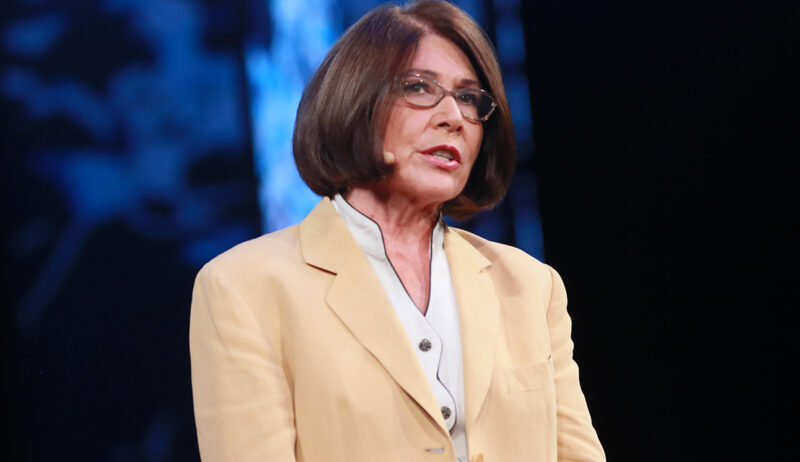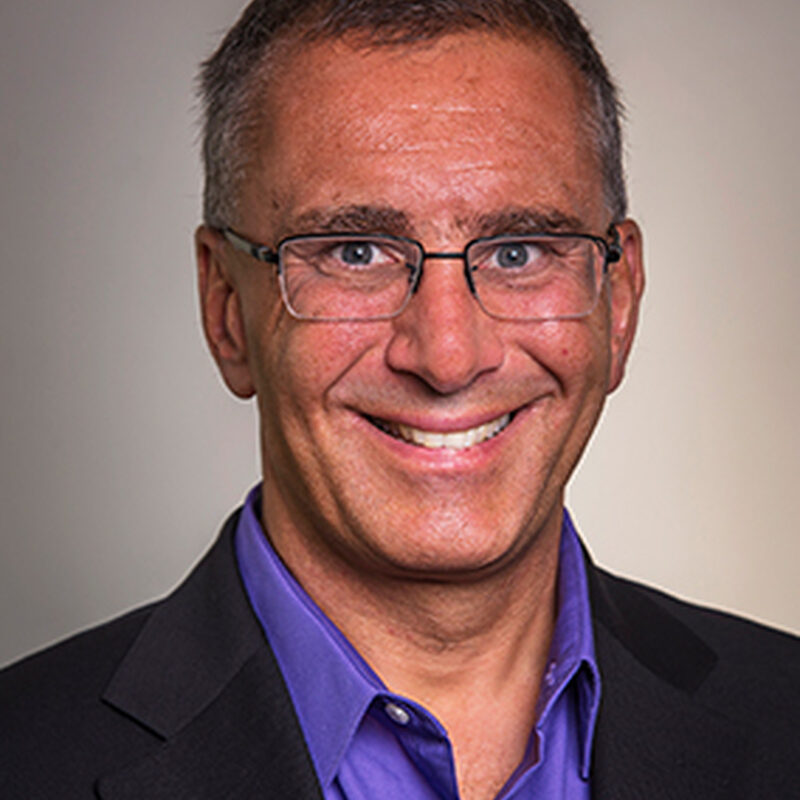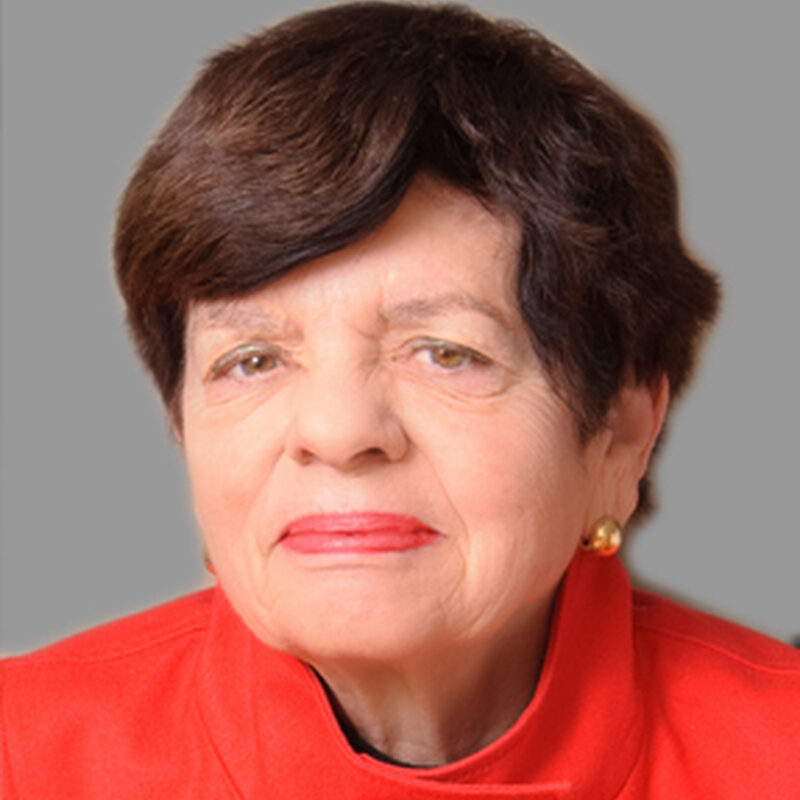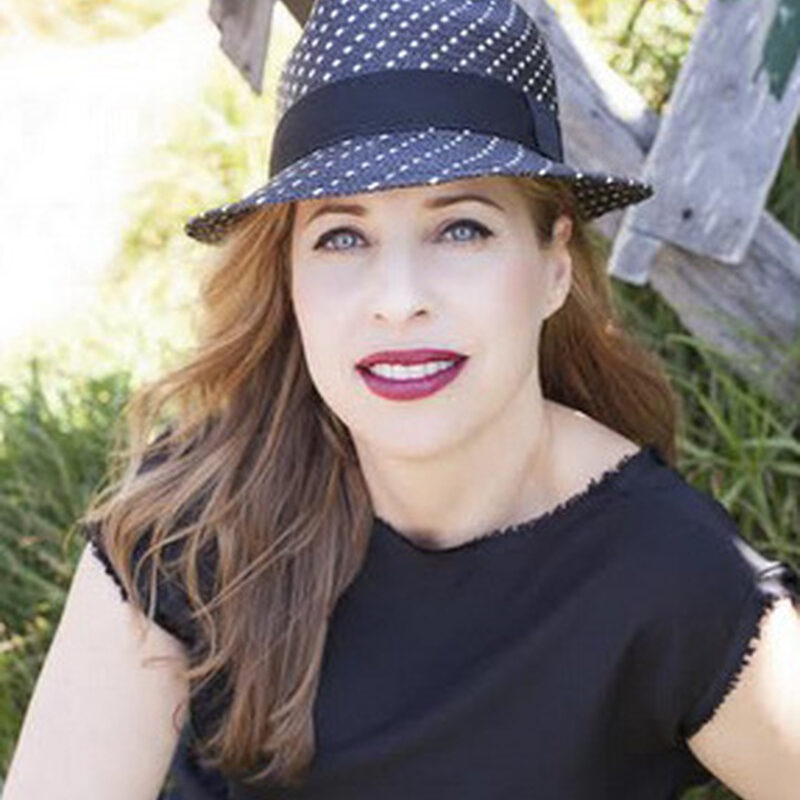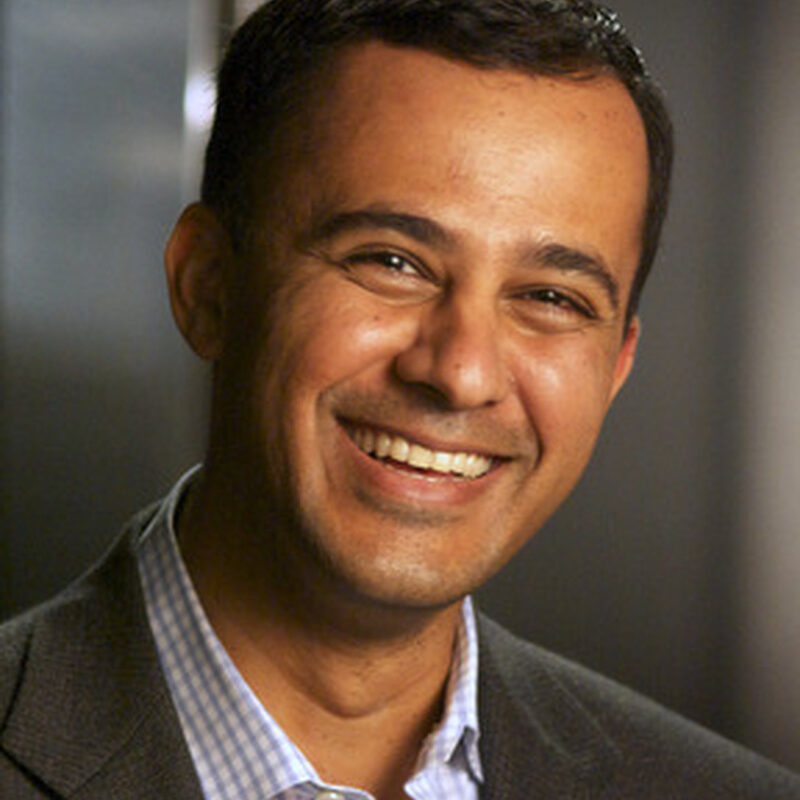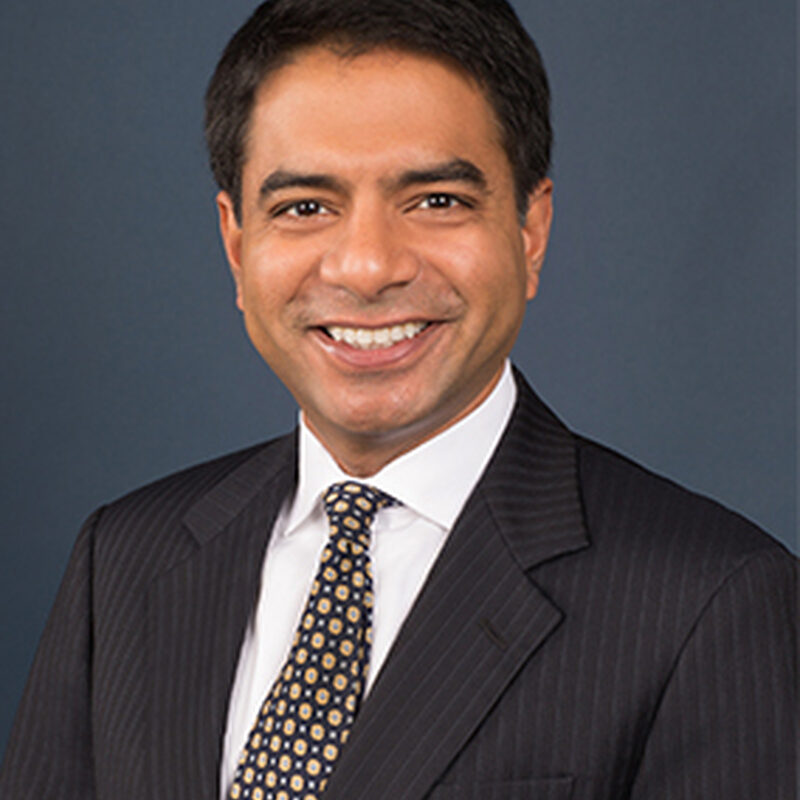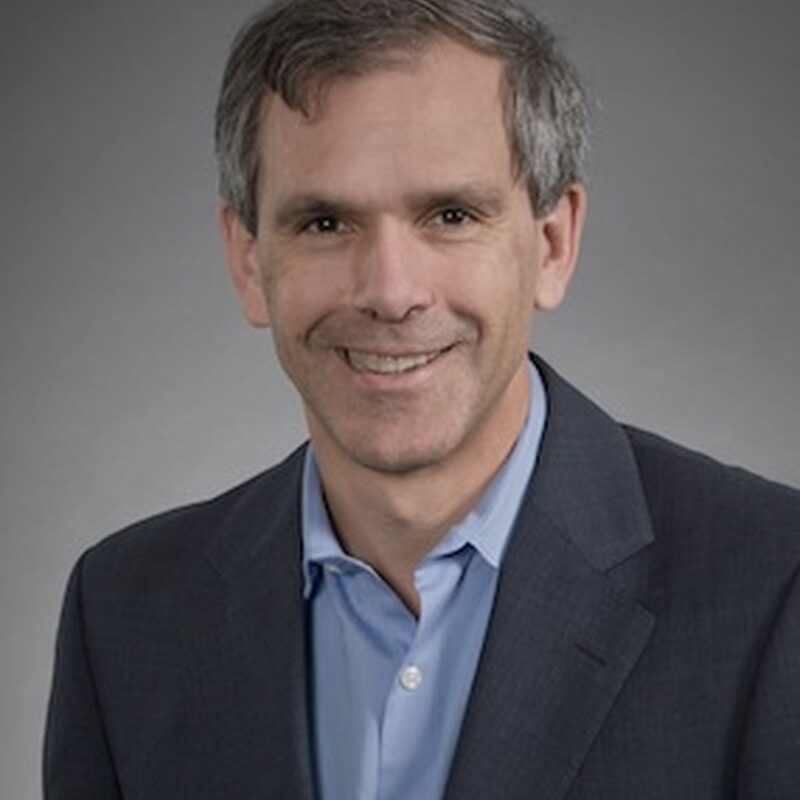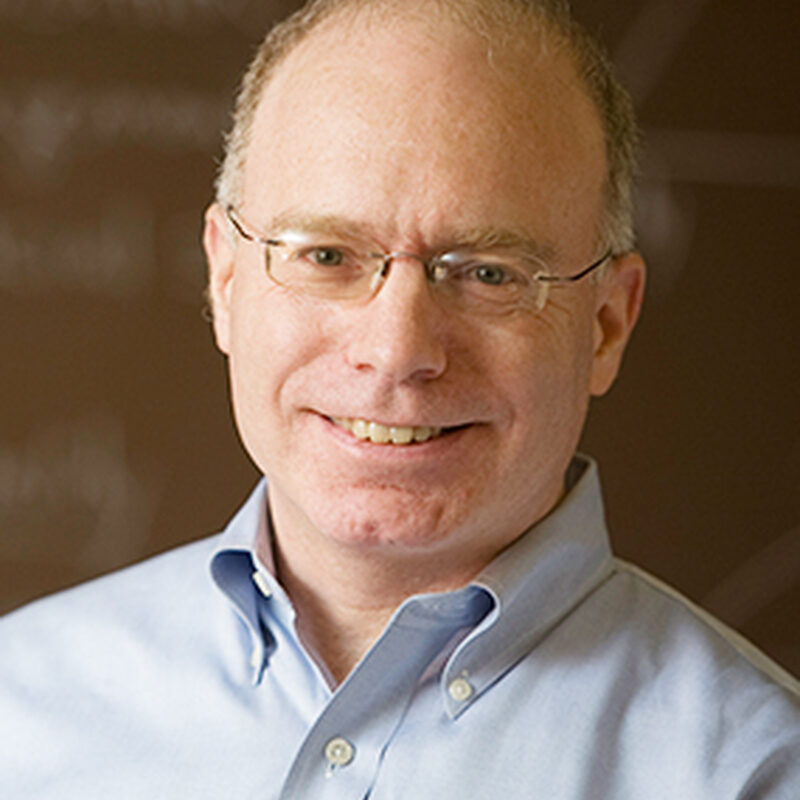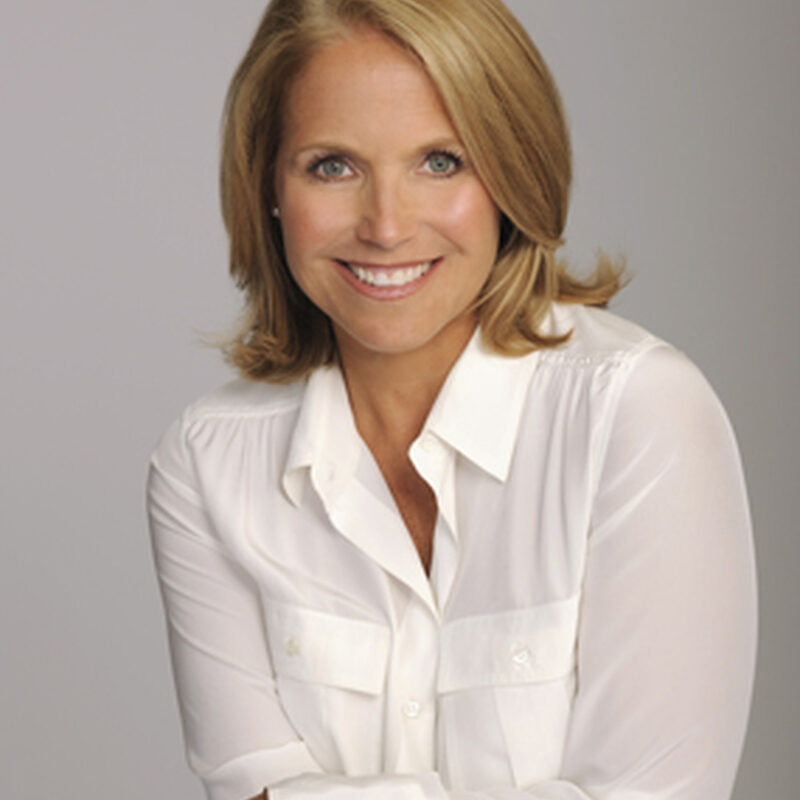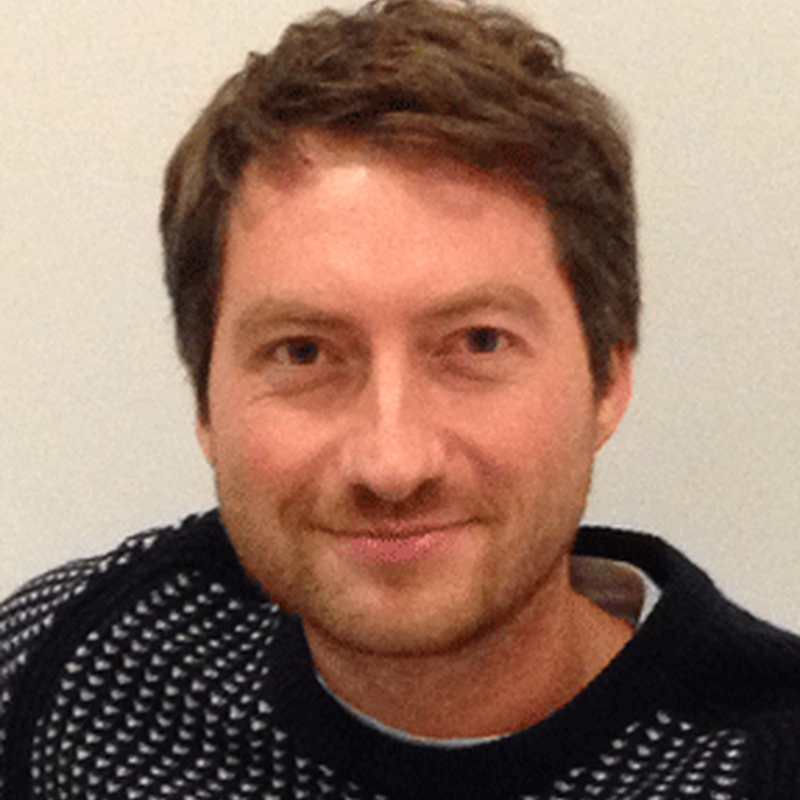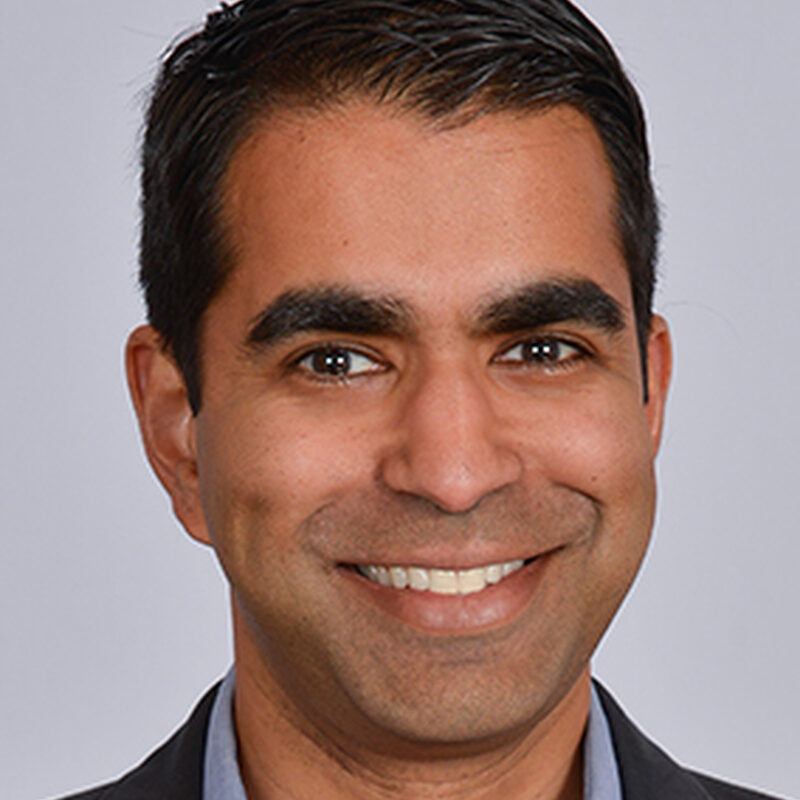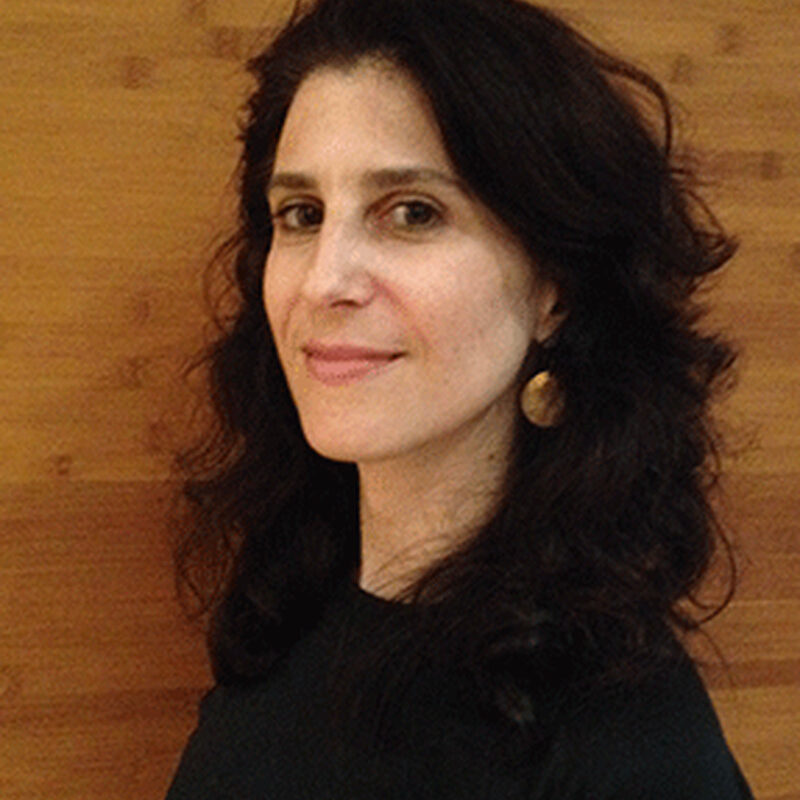About Rebecca
Rebecca Adamson is a highly influential Indigenous economist and dedicated global advocate for the rights and economic self-determination of Indigenous Peoples. As a member of the Cherokee Nation, her career has centered on creating new, values-driven economic models based on Indigenous principles. In 1980, she founded the First Nations Development Institute to promote economic growth in Native communities in the U.S. There, she spearheaded the creation of the country’s first microloan fund on the Pine Ridge Indian Reservation, helping kickstart the microenterprise movement in America. Later, she partnered with the Calvert Group to launch Community Notes, an investment product that has since channeled over $1 billion into community development initiatives. Her vision expanded globally with the founding of First Peoples Worldwide in 1997. This organization provides grants to Indigenous communities in over 60 countries and advocates for their rights in global policy and financial markets. To hold corporations accountable, she led the creation of the Indigenous Rights Risk Report in 2014, a tool that assesses the financial risks companies face when they ignore Indigenous rights. Rebecca’s decades of groundbreaking work have been crucial in transforming how development and investment are viewed, proving that sustainable, culturally appropriate practices are not only ethical but also vital to long-term economic success.
